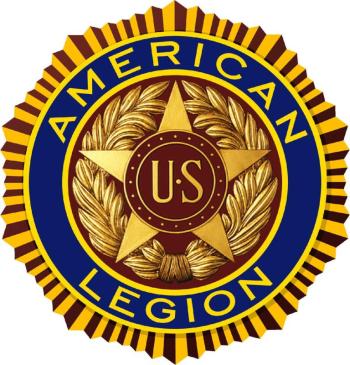American Legion Post 36
Last Friday, I attended the U.S. Senate Committee on Veterans’ Affairs Field Hearing held at the University of Maine/Augusta by Senator King. The topic was “The State of Veterans’ Long-Term Care in Maine.” The panelists included the Executive Director Office of Geriatrics and Extended Care VA-Health Administration-Washington, D.C., Chief of Staff-Geriatrics and Extended Care & Community Living at VA/Togus, CEO Maine Veterans Homes (MVH), President Northern Light Home Care & Hospice, Director Maine’s Department of Health and Human Services Office of Aging and Disability Services, VFW State Commander, veteran caregiver for wife with dementia, and a caregiver for a Dad with significant health issues due to service in Vietnam and exposure to Agent Orange.
There were so many incredibly important facts and information discussed that I frankly couldn’t keep up. With a certainty that I will not get all the facts right, I’ll mention a few of my takeaways. The veteran population in Maine is decreasing by 7% over the next five years but the number of veterans over the age of 65 is increasing 31%. All the healthcare facilities such as nursing homes and assisted living facilities are underfunded and under staffed. The Centers for Medicare and Medicaid Services (CMS) dictate the rules that facilities have to follow to get federal funding. They set the number of staff per residents, a number that means that some facilities will have to close because they simply don’t have the staff to meet that ratio. 833 nursing home beds have disappeared due to these shortages. So, the emphasis must be is on “aging in place.” All healthcare agencies, organizations, including the VA, are putting resources towards programs that will allow veterans (and all aging folks) to stay at home just as long as possible.
A number of issues concerning the workforce was addressed. One was the length of time it takes an applicant to get hired, sometimes up to a year. Another was that federal employees can’t earn more than the President of the United States who makes $261,400. The average salary for a cardiologist, for example, is $351,827 per year. Nursing homes often have to hire traveling nurses who are paid 3 times the nursing staff salaries. Patient/staff relations can’t be established when a traveling nurse is only there for a few months and too often doesn’t really have the “mission” of the facility in their heart (this from the CEO of the MVH). One of the panelists was the veteran caregiver for his wife who ultimately went into a MVH. He talked about the incredible caring staff at the MVH and how important staff stability is.
The biggest take away is that there are so many programs available to veterans and their families through VA/Togus, but we in the community just don’t know about them. So, I invited the leadership of Maine’s VA to hold a community outreach event at the Legion Hall on this subject in Augusta this year and they accepted. The planning will start in February, so standby.

























